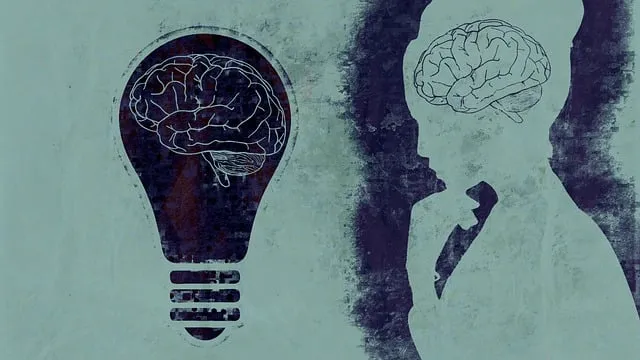The Kaiser Permanente Mental Health Appointment Center in Broomfield provides comprehensive Crisis Intervention Team (CIT) training, empowering community members, first responders, and healthcare professionals with evidence-based techniques for mental health crisis management. These programs incorporate de-escalation skills, active listening, stress reduction methods, and positive thinking strategies to recognize warning signs and create safe spaces. Beyond immediate intervention, the center promotes holistic support through workshops and mindfulness meditation, fostering empathy, understanding, and better outcomes for individuals experiencing mental health emergencies, while setting an exemplary standard in the industry for effective CIT practices at Kaiser Permanente mental health appointment centers.
“Crisis intervention team (CIT) training is a vital program aimed at equipping healthcare professionals with essential skills to manage psychological crises effectively. This comprehensive guide delves into the intricacies of CIT training, offering a practical approach to handling distressing situations.
One notable example is Kaiser Permanente’s Mental Health Appointment Center in Broomfield, which has pioneered innovative training methods. By examining its strategies, we can identify key components crucial for successful CIT programs. From evidence-based techniques to team dynamics, these elements contribute to enhancing crisis care.”
- Understanding Crisis Intervention Team Training: A Comprehensive Guide
- Kaiser Permanente Mental Health Appointment Center Broomfield: An Example of Innovative Training
- Essential Components of Effective Crisis Intervention Team Programs
Understanding Crisis Intervention Team Training: A Comprehensive Guide

Crisis Intervention Team (CIT) training programs are designed to equip individuals with the skills and knowledge needed to respond effectively during mental health crises. These comprehensive guides focus on empowering community members, first responders, and healthcare professionals to support those experiencing severe emotional distress or suicidal ideation. The program at the Kaiser Permanente Mental Health Appointment Center in Broomfield, for instance, offers a structured curriculum that includes evidence-based techniques for de-escalation, active listening, and crisis debriefing.
The training goes beyond immediate intervention by incorporating stress reduction methods, resilience building, and positive thinking strategies. Participants learn to recognize warning signs of mental health emergencies, facilitate safe and supportive environments, and connect individuals with appropriate resources. By fostering a culture of empathy and understanding, CIT training fosters better outcomes for those facing mental health challenges, ultimately contributing to stronger communities.
Kaiser Permanente Mental Health Appointment Center Broomfield: An Example of Innovative Training

The Kaiser Permanente Mental Health Appointment Center in Broomfield stands as a beacon of innovative crisis intervention training. This center has pioneered unique approaches to equip professionals with cutting-edge tools for effective crisis management. By integrating specialized programs like Stress Management Workshops and Mindfulness Meditation sessions, they offer a holistic approach to mental health support.
The focus on Mood Management techniques within these training programs is a game-changer. Participants gain practical skills to navigate intense situations, promoting swift and efficient interventions. This model not only enhances the well-being of individuals within the organization but also ensures they are prepared to assist others during crisis events, making it an exemplary practice for the industry.
Essential Components of Effective Crisis Intervention Team Programs

Effective crisis intervention team (CIT) programs are designed to equip healthcare professionals with the skills to manage and de-escalate critical situations, often involving individuals experiencing mental health crises. The core components of such training ensure that teams are well-prepared to handle a diverse range of challenges. One key element is comprehensive risk management planning, which includes strategies for identifying potential risks during mental health appointments at centers like Kaiser Permanente Broomfield.
Additionally, CIT programs emphasize the integration of mindfulness meditation techniques as a means to enhance emotional regulation and decrease stress response among team members. Trauma support services are another vital aspect, providing resources to address the complex needs of individuals with a history of trauma. These multifaceted approaches ensure that crisis intervention teams are equipped not only to respond effectively but also to foster compassionate and informed care within the mental health landscape.
Crisis intervention team (CIT) training programs, such as those exemplified by the innovative practices at Kaiser Permanente Mental Health Appointment Center Broomfield, play a pivotal role in equipping healthcare professionals with the skills to manage and de-escalate crises effectively. By integrating comprehensive guidelines and essential components, these programs foster a culture of care and resilience within healthcare settings. Understanding and implementing best practices, as demonstrated by the Broomfield center, can significantly enhance patient outcomes and create safer, more supportive environments for all involved.






